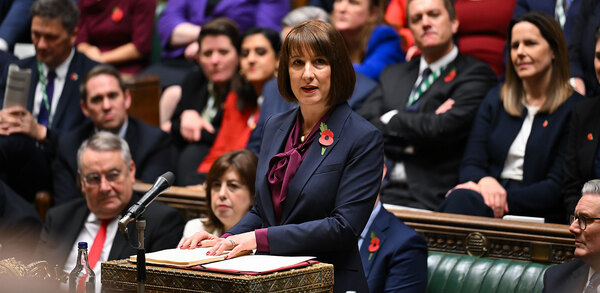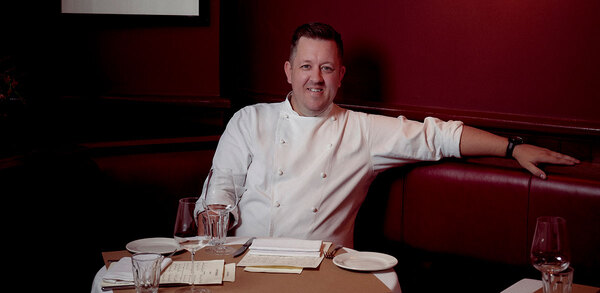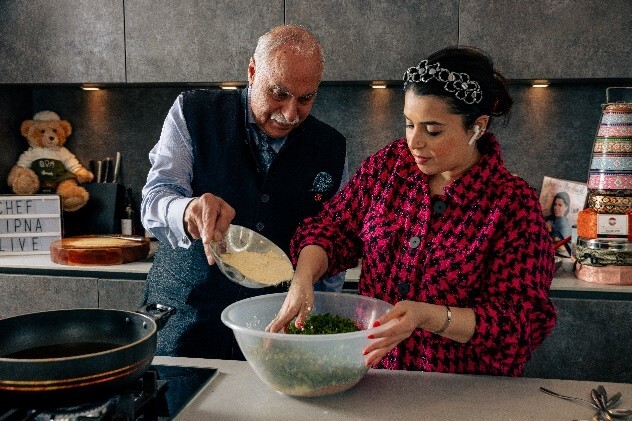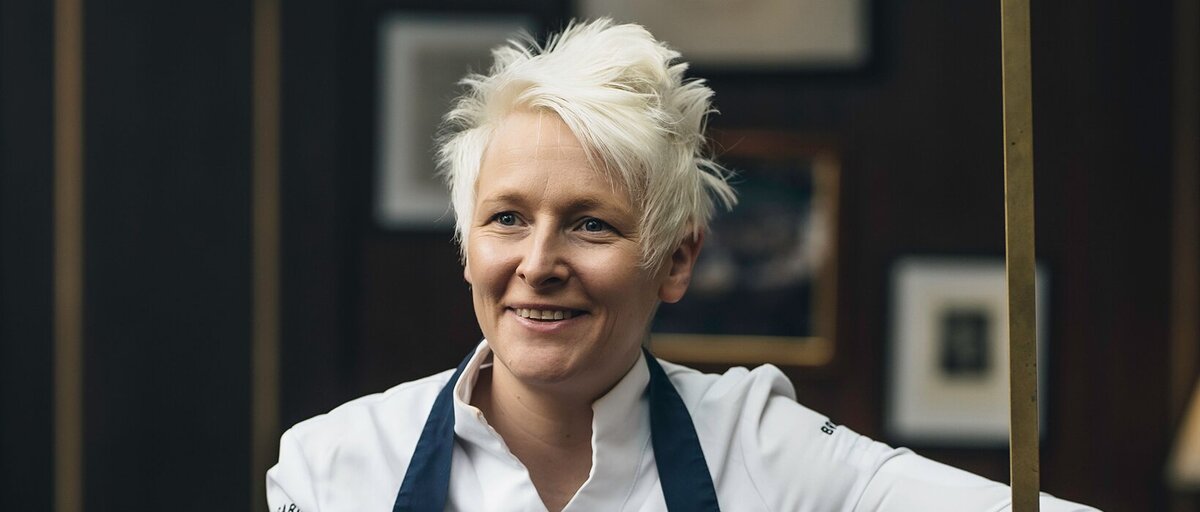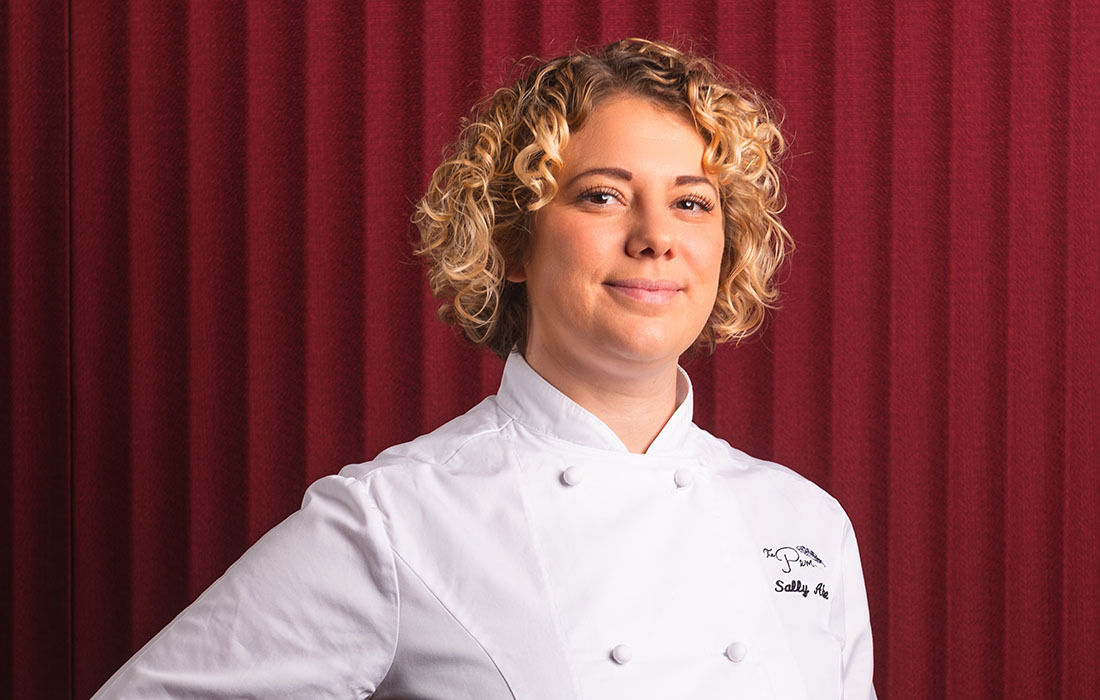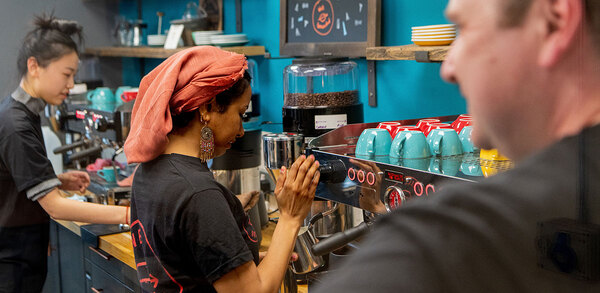Editor’s comment: National Insurance rises: short-sighted and short-changed
The rise in National Insurance Contributions will hit hospitality disproportionately hard, stifling growth and the sector’s employment potential.
Now the dust has settled on the budget put before Parliament by the Labour party, it is clear just how poorly thought-through the impact that the increase in employer National Insurance Contributions (NICs) will have on hospitality.
While farmers are up in arms about inheritance tax changes that were reported to have come as a surprise to the Department for Environment, Food & Rural Affairs, hospitality leaders are similarly miffed that the impact of NICs on hospitality have not been fully appreciated.
According to UKHospitality, the cost of employing members of staff will increase on average £2,500 a year per employee. No wonder chief executive Kate Nicholls says that hospitality owners will be having sleepless nights.
Though every business in the country will bear the burden of the increases, hospitality will be disproportionately affected, since the lowering of the NICs threshold brings into play so many more hospitality employees. It will also have excessive consequences for those working short shifts, with UKHospitality estimating it will be £2,100 more expensive to employ a single parent working 9am to 3pm five days a week and £1,140 more expensive to employ a student working 14 hours at the weekend.
Will this mean that an industry that has such a strong record of providing work to suit all schedules is forced to reconsider the flexibility of its shifts? It might even force operators to reconsider offering new roles altogether.
The additional contributions will be cash that comes straight off the bottom line, and with costs across the board still stretching profitability, many businesses that have just budgeted for 2025 will now be looking at filling a significant gap. As operators we’ve spoken to since have told us, there are few efficiencies left to plunder and the cost will inevitably lead to putting recruitment on hold and even letting people go.
Z Hotels owner Bev King told us that he “can see that a lot of businesses that are borderline surviving today are probably going to disappear in the next few years”. Meanwhile Malmaison and Hotel du Vin’s chief operating officer Scott Harper said the tax changes would add £1.5m to next year’s payroll. “These challenges may force businesses to adapt their operations and put jobs at risk to remain resilient in the face of rising costs,” he added.
The hospitality industry might not be planning a stunt on the scale of the farmers’ intention to drive tractors to Westminster and perform a ‘sewage strike’, but we must create a stink about plans that will impact the growth of the sector and ultimately its ability to offer employment.




